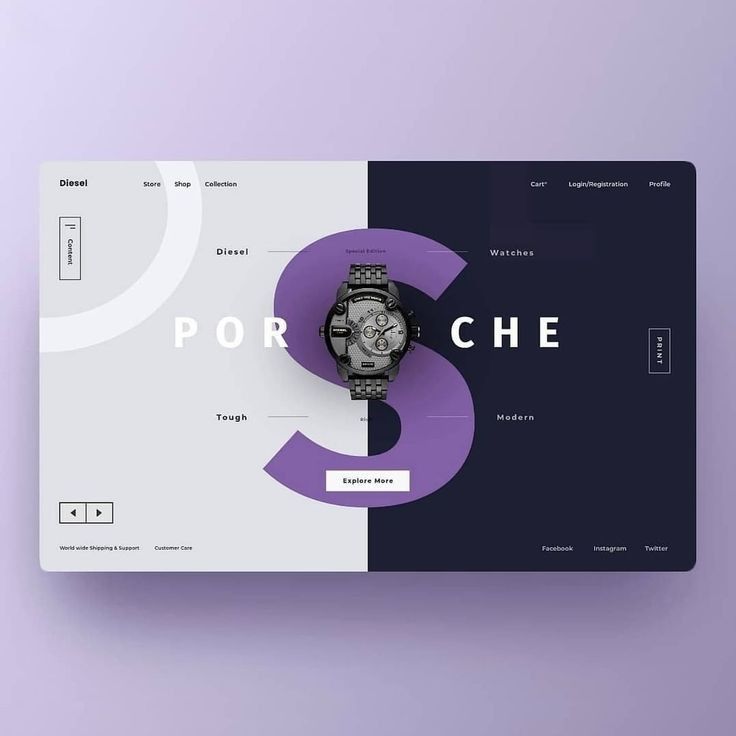Front-end web development is often seen as the “face” of the internet — the part users actually see and interact with. It involves HTML, CSS, JavaScript, and frameworks like React, Angular, or Vue. While many programmers find front-end work exciting and creative, others actively avoid it. But why? Let’s explore the common reasons.
1. Preference for Logic Over Design
Some programmers thrive on solving complex algorithms, optimizing database queries, or architecting large-scale backend systems. For them, front-end work feels less about “hard logic” and more about “pixel perfection,” which can be frustrating. Adjusting margins or debugging CSS can seem trivial compared to writing a new API or designing an AI model.
2. Constantly Changing Tools and Frameworks
Front-end technologies evolve at lightning speed. A framework that’s popular today might be outdated in two years. For some developers, the rapid cycle of learning new tools just to keep up feels exhausting, especially if they prefer the relative stability of backend languages like Java, C#, or Python.
3. Dealing With Browser Inconsistencies
One of the less glamorous parts of front-end development is making sure a site works flawlessly across different browsers and devices. Writing code that works perfectly in Chrome, but breaks in Internet Explorer or Safari, can be a patience-testing experience.
4. Focus on Performance and Scalability
Many backend and system-level programmers are passionate about high-performance computing, cloud architecture, or low-level optimization. To them, front-end work can seem less impactful in terms of raw performance or system architecture, even though user experience is equally important.
5. Design Skills Don’t Always Come Naturally
Front-end development often involves a strong sense of design, color theory, and user interface principles. Programmers who lack an eye for design might feel insecure or uninterested in a field where aesthetics matter as much as functionality.
6. Perceived Lower Complexity
While modern front-end development can be technically complex, some developers still view it as “less challenging” than backend or system programming. This perception — often outdated — can lead them to avoid it entirely.
7. Passion Alignment
At the end of the day, it often comes down to personal passion. Some people simply enjoy working with servers, APIs, or data pipelines more than designing interactive user interfaces. Programming is a vast field, and not every domain excites every developer.
Final Thoughts
Front-end web development is a unique blend of technical problem-solving and creative design. While it’s not for everyone, it remains an essential skill in the digital world. The diversity of programming means there’s room for people who love crafting pixel-perfect UIs — and for those who’d rather work behind the scenes making everything function smoothly.

